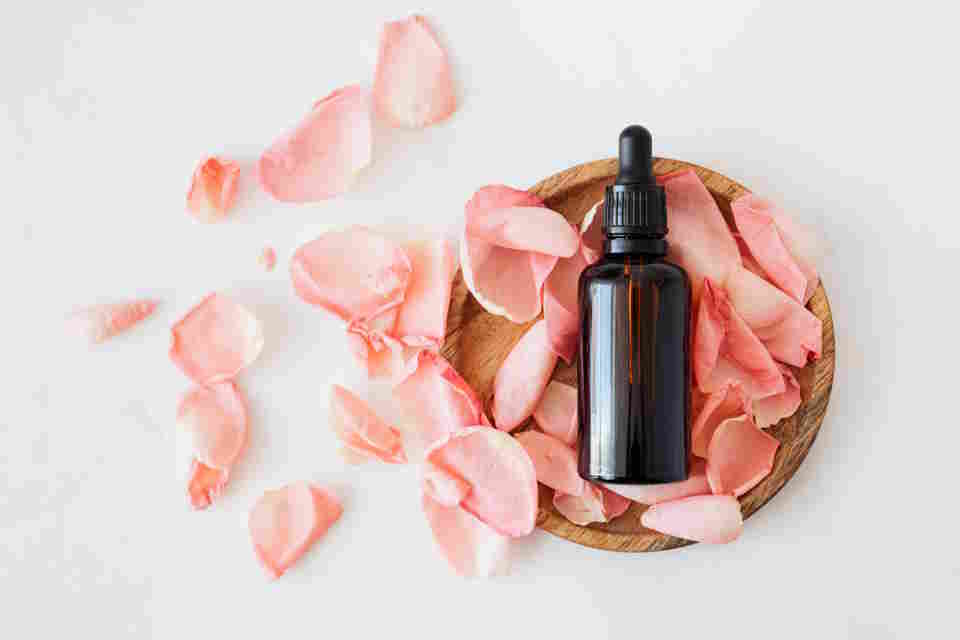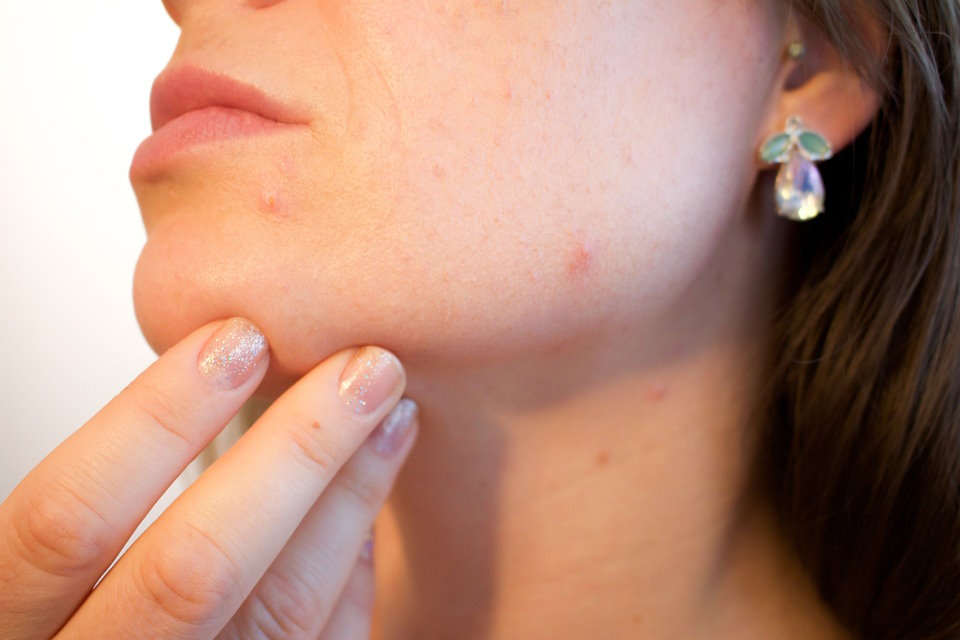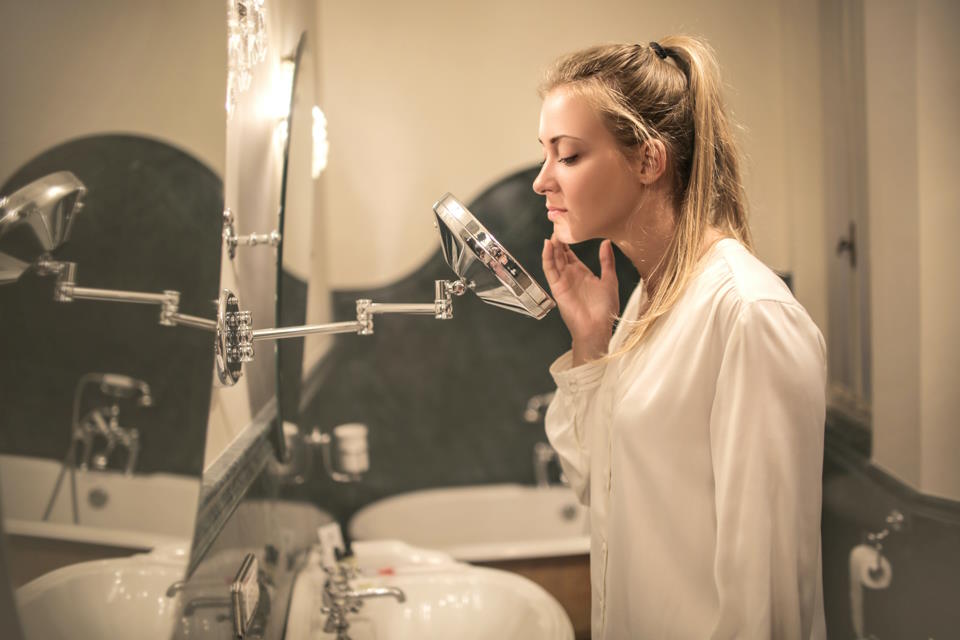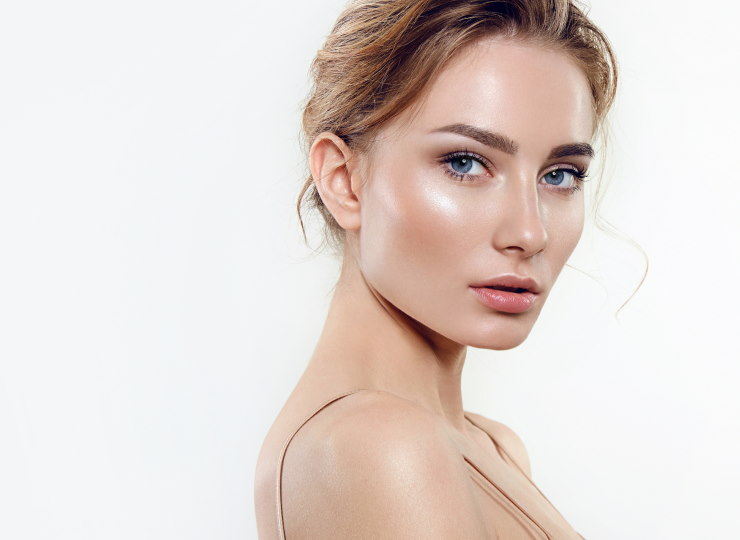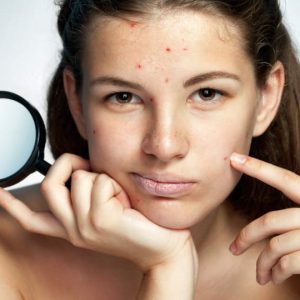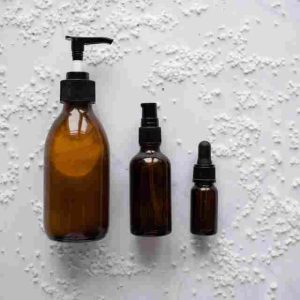Today, we’re going to talk about creatine and its potential impact on your skin. Creatine is a popular supplement used by many athletes and fitness enthusiasts to enhance their performance and muscle growth. However, some people have reported experiencing acne breakouts after using creatine. This has led to the question: can creatine cause acne? We’ll explore that question and more. We’ll take a closer look at how creatine affects your face, whether it messes with hormones, the potential side effects of creatine, and what you need to know before incorporating it into your fitness routine. So, let’s dive in!
Introduction
When it comes to improving performance during workouts, many people turn to supplements such as creatine. However, there are concerns regarding its potential side effects. One of these concerns is whether creatine can cause acne. While there is no direct link between the two, some studies have suggested that certain ingredients in creatine supplements may increase the likelihood of acne breakouts.
Creatine is a popular supplement among athletes and bodybuilders as it provides energy to muscle cells during exercise. However, some of the ingredients found in creatine supplements, such as whey protein and amino acids, have been shown to increase the production of sebum. Sebum is the oily substance that can clog pores and lead to acne breakouts.
- It is important to note that not everyone who takes creatine will experience acne breakouts, and the severity of breakouts can vary from person to person.
- If you are concerned about the potential side effects of creatine, it is always best to consult your healthcare provider before adding any supplement to your diet.
- Additionally, maintaining good hygiene practices such as washing your face after workouts and avoiding touching your face can also help prevent acne breakouts.
While there is no direct link between creatine and acne, some of the ingredients found in creatine supplements may increase the likelihood of breakouts. If you are considering taking creatine, it is important to weigh the potential benefits against the possible side effects and consult with a healthcare provider if you have any concerns.
Why Does Creatine Make Me Break Out?
Are you looking to bulk up with the help of creatine supplements, but scared about the rumors of acne breakouts? You are not alone. Many people have experienced acne breakouts after using creatine. We’ll explore why creatine can cause breakouts and what you can do to avoid them.
Creatine supplements contain amino acids that help build muscle mass. While these supplements are highly effective, they can also lead to increased levels of dihydrotestosterone (DHT) in the body, which is a hormone responsible for acne. DHT stimulates the production of sebum in the skin, leading to clogged pores that cause acne breakouts. Hence, an excess of DHT production due to the consumption of creatine supplements can lead to breakouts on the face, chest, and back.
-
- Increase Your Water Intake:
Drinking plenty of water can reduce the risk of acne breakouts caused by creatine supplements. It helps flush out toxins from the body and prevents the accumulation of sebum in the skin. Drinking at least 2-3 liters of water a day can keep your skin hydrated and healthy.
-
- Take Supplements with Food:
Creatine supplements should be consumed with food to avoid any digestive issues that can cause acne breakouts. By taking creatine supplements with food, it stays in your stomach longer and allows for a slow and steady digestion process, which reduces the likelihood of acne breakouts.
-
- Decrease Your Creatine Dosage:
If you’re still experiencing breakouts despite following proper water intake and taking supplements with food, consider reducing your creatine dosage. This can help reduce the risk of breakouts while still allowing you to see the benefits of creatine supplements on your workout routine.
Creatine supplements can cause acne breakouts, but by drinking plenty of water, taking supplements with food, and decreasing your dosage, you can reduce the risk of breakouts and enjoy the benefits of creatine. Always consult with your doctor before starting any creatine supplement regimen, especially if you’re prone to acne or have sensitive skin.
How Does Creatine Affect Face?
Are you someone who has recently started to use creatine for your fitness goals and noticed acne breakouts on your face? You are not alone. Many people have reported that using creatine has a direct impact on their facial skin. We will explore how creatine affects the face and the possible reasons behind the breakouts on your skin.
Firstly, creatine is a popular supplement among athletes and bodybuilders that helps improve muscle strength and performance during high-intensity exercises. While it has proven to be effective for gaining muscle mass, it also has some side effects that can impact the skin on your face. One of the primary reasons for this is that creatine leads to increased production of oil in the skin.
- This excess oil congests the pores and leads to bacterial growth, resulting in acne, pimples, and blackheads. Moreover, creatine is known to increase the levels of a hormone called dihydrotestosterone (DHT) in the body, which can trigger acne breakouts on the face.
- Hence, if you are prone to acne, it is advised to avoid creatine supplementation or use it in moderation. Using creatine in high doses can lead to severe acne breakouts and cause damage to the skin in the long run.
| Side Effects | Description |
|---|---|
| Dehydration | Creatine can lead to dehydration as it draws water from the body to the muscles. This can result in dryness and flakiness on the facial skin. |
| Redness and Irritation | Some people may experience redness and irritation on the face due to the increased blood flow caused by creatine. |
| Wrinkles | Creatine can cause the skin to lose elasticity, leading to wrinkles and fine lines on the face. |
Does Creatine Mess With Hormones?
Many people who take creatine supplements are concerned about whether or not it messes with hormones. This is a legitimate concern as hormones play an important role in many bodily functions. So, does creatine mess with hormones? Let’s take a closer look.
-
- Testosterone
Some have suggested that creatine supplementation may increase testosterone levels. However, studies have shown mixed results. One study found that creatine had no effect on testosterone levels, while another study found a small increase in testosterone levels in males taking creatine. regardless, the increase in testosterone levels, if any, is too small to cause any noticeable effects.
-
- Cortisol
Cortisol is a hormone that helps regulate stress and inflammation. Some studies have suggested that creatine supplementation may decrease cortisol levels, leading to decreased stress and inflammation. However, other studies have found no significant effects on cortisol levels.
-
- Other Hormones
There is currently no evidence to suggest that creatine supplementation affects other hormones in the body, such as estrogen or growth hormone. However, more research is needed to fully understand the effects of creatine on hormone levels.
What Are the Side Effects of Creatine?
When it comes to working out and building muscle, many people turn to supplements to help them reach their fitness goals. One of the most popular supplements is creatine, which is known for its ability to enhance athletic performance. However, while creatine may have its benefits, it’s important to also be aware of its potential side effects.
One of the most common side effects of creatine is water retention. Creatine works by pulling water into the muscles, which can cause bloating and weight gain. While this may not be a problem for some, it can be a concern for athletes who need to maintain a certain weight class for their sport.
Another potential side effect of creatine is digestive issues. Some people may experience stomach cramps, nausea, or diarrhea when taking creatine supplements. This can be especially problematic for athletes who need to have a comfortable stomach during training or competition.
- Dehydration: Creatine can pull water from other parts of the body, leading to dehydration if the individual is not drinking enough water.
- Kidney Damage: Although rare, excessive creatine intake can damage the kidneys.
- Electrolyte Imbalance: Creatine can disrupt the balance of electrolytes, which can cause muscle cramping and other issues.
It’s also worth noting that there is some debate about whether or not creatine can cause acne. While there isn’t a clear answer, some studies have suggested that creatine may increase hormone levels, which can lead to breakouts.
Ultimately, while creatine can have its benefits, it’s important to be aware of the potential side effects and to consult with a healthcare professional before beginning any supplement regimen. By doing so, you can help ensure that you’re using supplements safely and effectively, without putting your health at risk.

